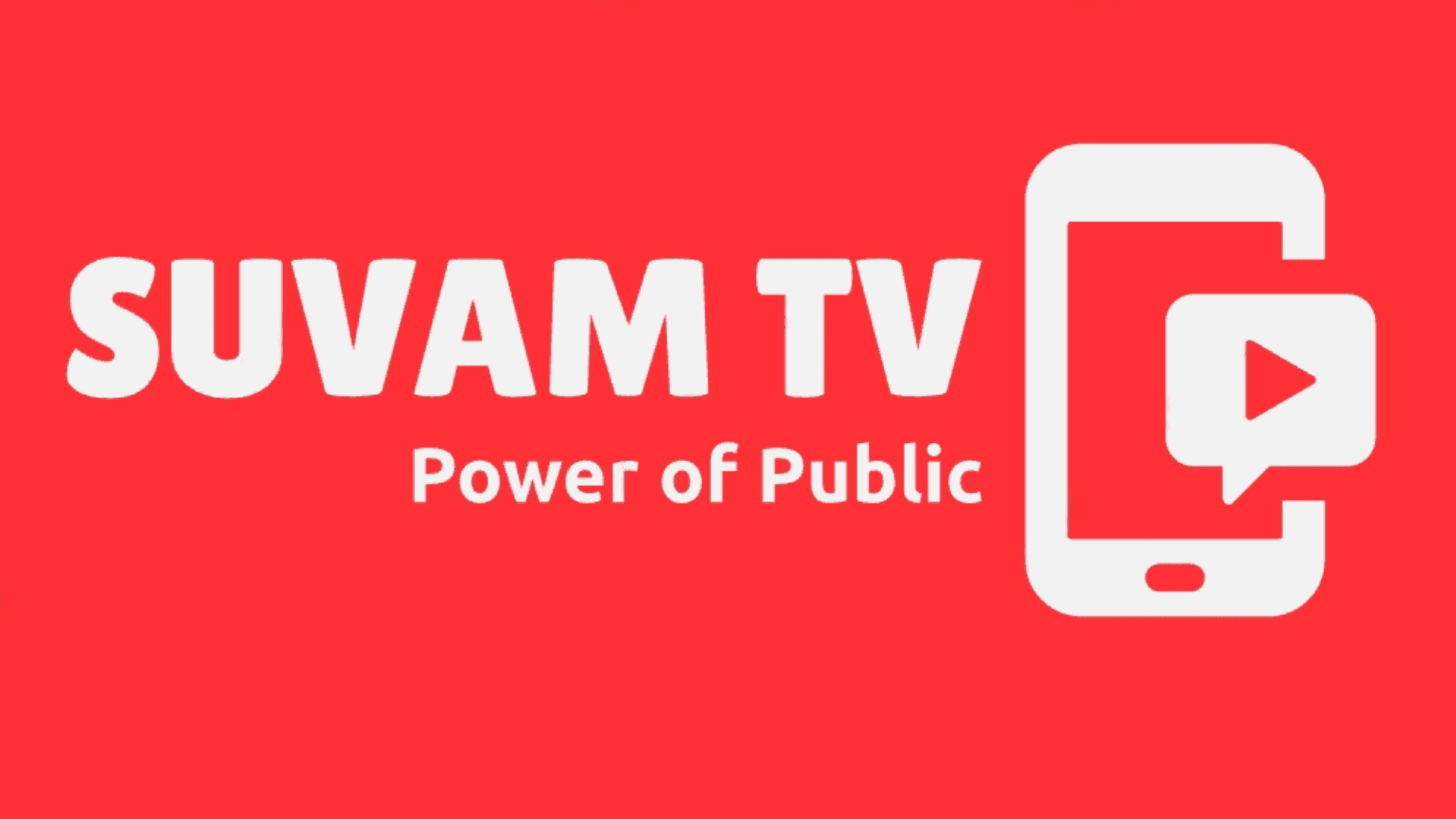There is a deep connection between the brain and the heart.

The ancient Ayurvedic physicians were already aware of the connection between the heart and the brain. A yogi of Patanjali said, by exercising restraint in the heart, a yogi can acquire all kinds of knowledge in his mind. In the Western world, in September 2004, about 25,000 volunteers from 52 countries were studied in relation to Interheart. It was said that one-third of people suffer from heart attacks due to excessive emotions. Smoking, high blood pressure, cholesterol and diabetes have been identified as risk factors for heart disease.
Any external stress, if not managed properly, creates undue stress on the heart. Currently, extensive research is being done on the relationship between stress and the heart. Therefore, it is possible to understand the neurochemical pathways that cause heart disease. It is clear that there is indeed a deep connection between the brain and the heart.
Physically, a heart attack occurs when unstable plaque in the coronary arteries ruptures. Coronary artery blockage occurs when the heart rate and blood pressure increase. Therefore, even though the voice produced sounds natural, it contains many signals. In 1991, Dr. J. Andrew Armer discovered that the heart has its own brain or underlying cardiac system.
The brain is composed of 40,000 nerve cells, which are similar to the neurons in the brain. Meaning, the heart has its own nervous system. In addition, the heart may maintain communication with the brain through neural, biochemical, biological and energetic mechanisms. Information is exchanged between the nerves, the heart, and the brain through the body’s internal organs.

This stress is not caused by watching late night TV, smoking or drinking alcohol, we read that we also inform our family and friends about our daily lives on social media. Sad news is also sent through text messages. All this makes us socially isolated. We can’t face bad news and hide in the comfort of our smart phones, which dulls our emotional well-being. Little things feel big.
Give more response to small talk. Really big losses like the death of a loved one are normalized and hidden within social media posts. Heart attack risk is high due to being reactive. Stress increases the risk of heart disease.
